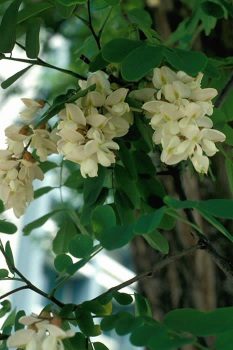Intergrated Pest Management
Integrated pest management (IPM) is a sustainable approach to managing pests. IPM practitioners base decisions on information that is collected systematically as they integrate economic, environmental, and social goals. IPM applies to any situation, agricultural or urban, and is flexible enough to accommodate the changing demands of agriculture, commerce, and society. As both a major landscaper and groundskeeper, and home to tremendous technical expertise on IPM in Cooperative Extension, UConn is committed to utilize its resources to improving IPM practices.
 IPM emphasizes the integration of many pest suppression technologies:
IPM emphasizes the integration of many pest suppression technologies:
- Biological control: beneficial organisms that manage pests.
- Cultural control: crop rotation, sanitation, and other practices that reduce pest problems.
- Mechanical and physical controls: for example, traps, cultivation, and temperature modification.
- Chemical control: judicious use of pesticides and other chemicals.
- Genetic control (host plant resistance): traditional selective breeding and new biotechnology that produce pest-resistant crops.
- Regulatory control: state and federal regulations that prevent the spread of pest organisms
Click here to view UConn's current IPM program.